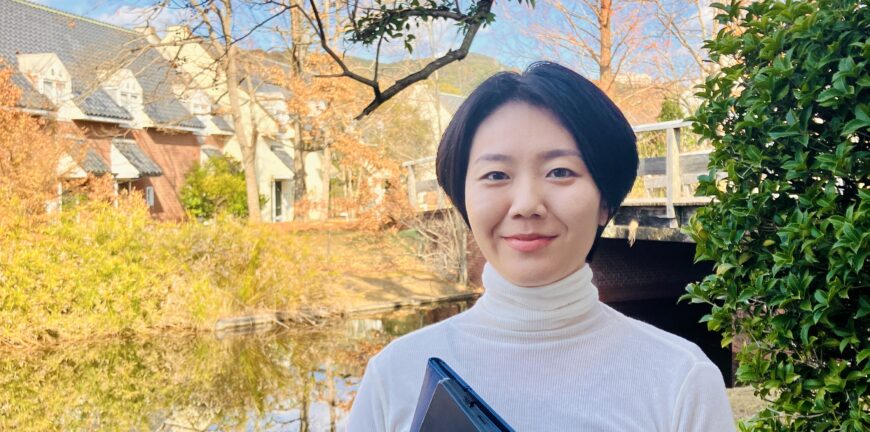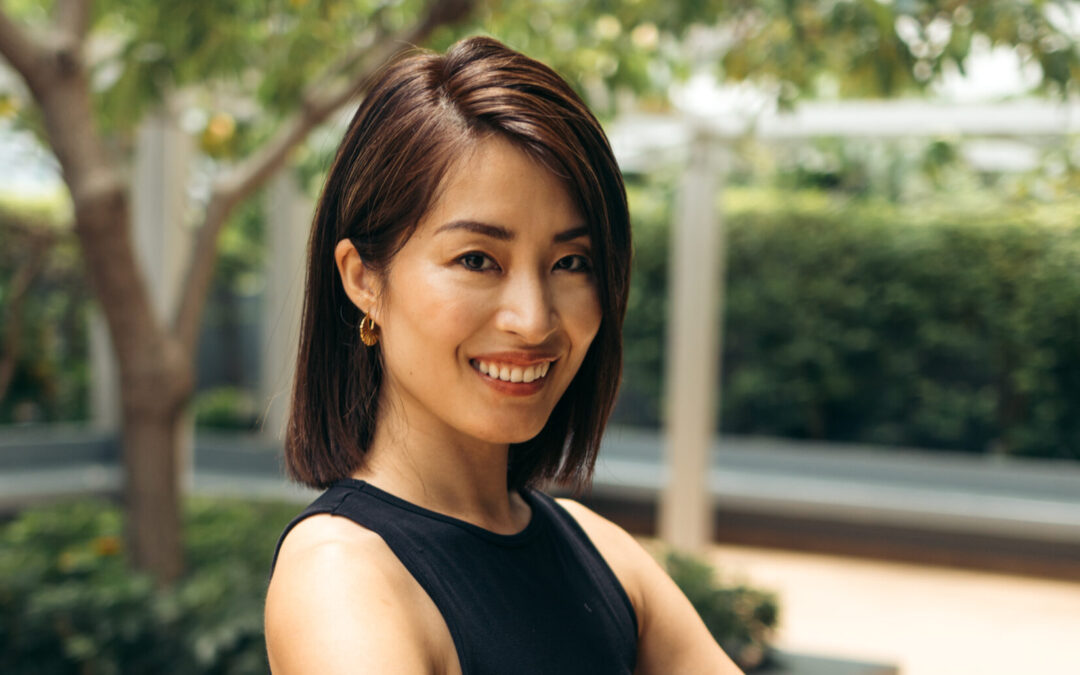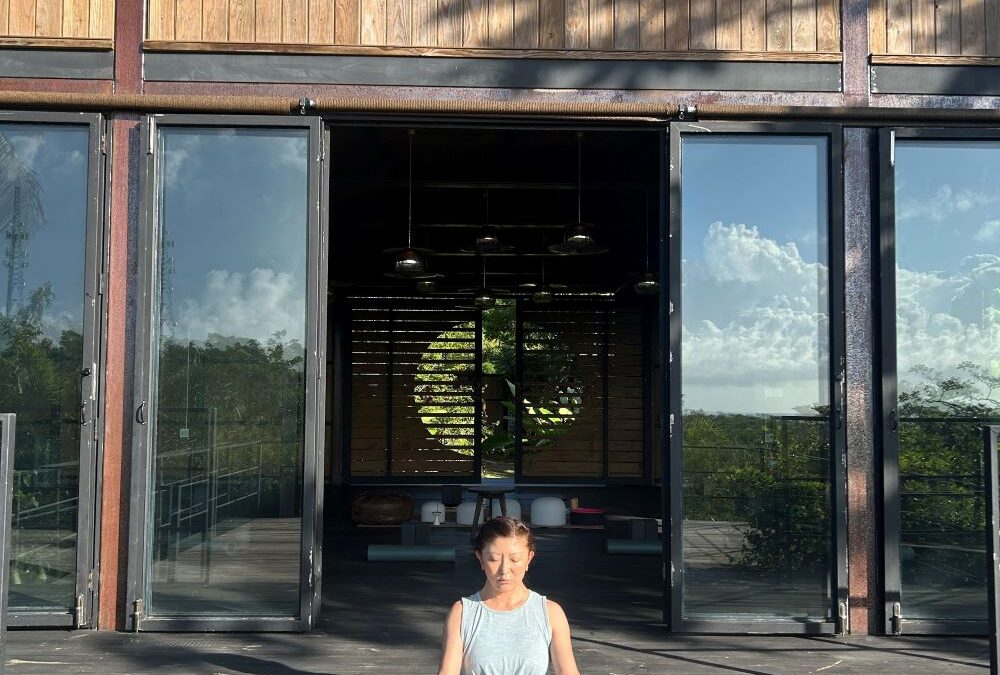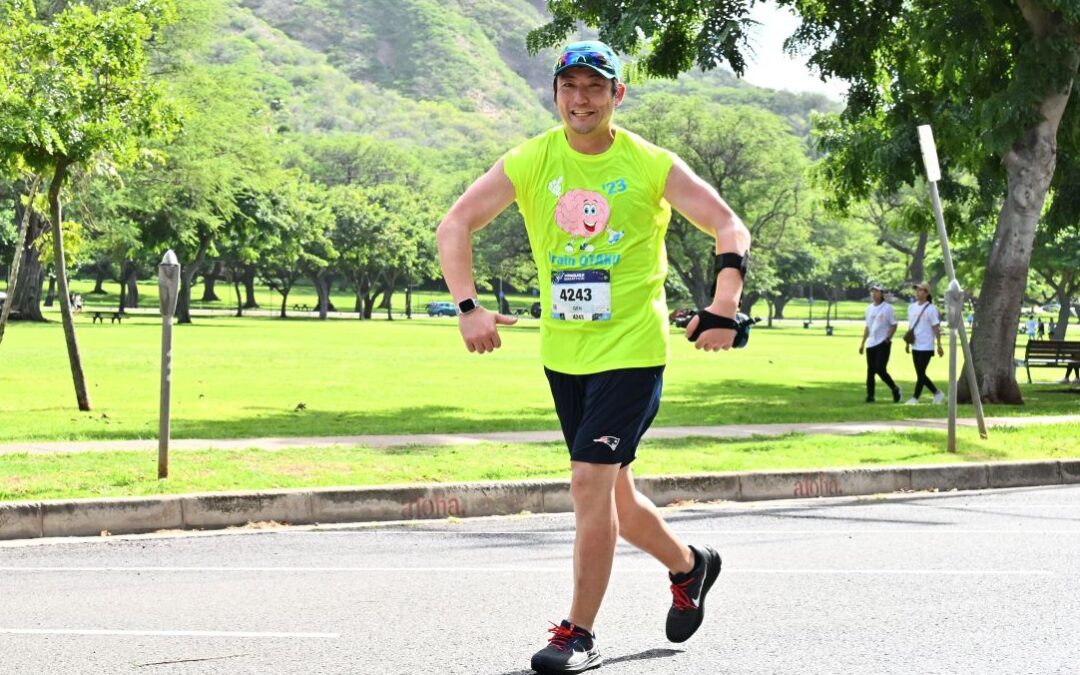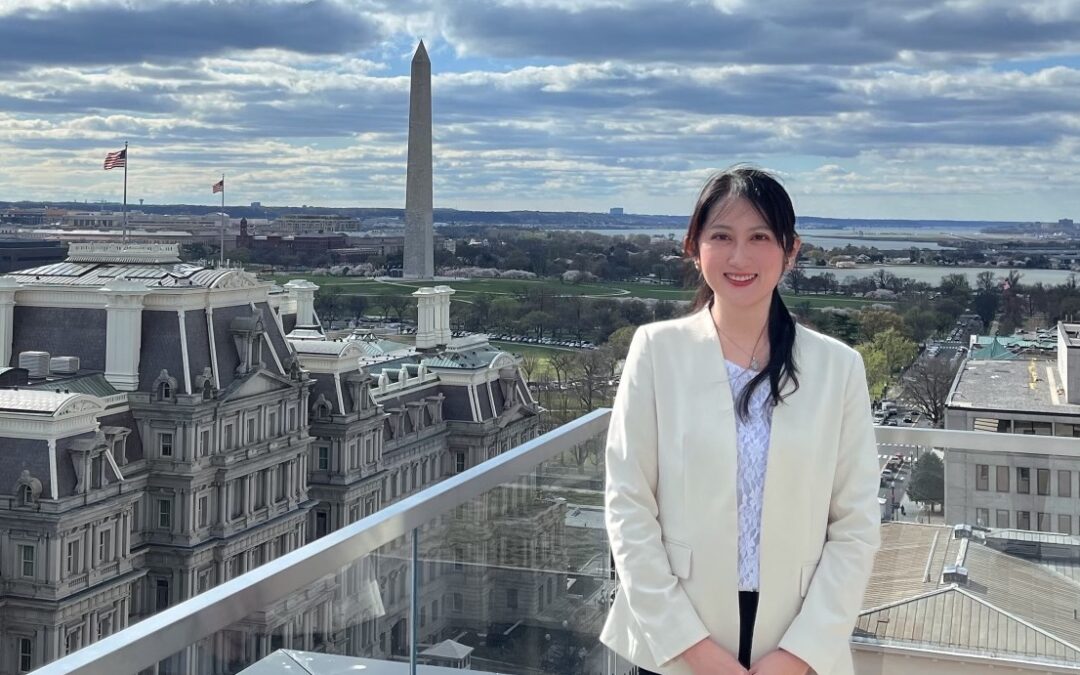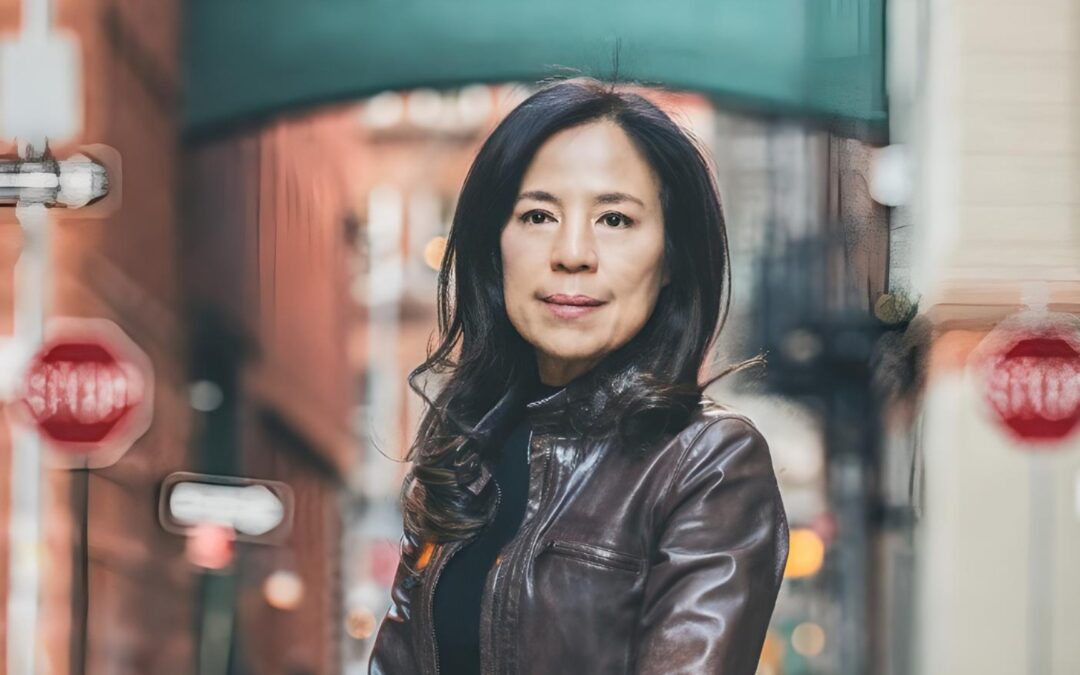In our 9th installment, we introduce Ms. Haruka Takenaka who works in freelance advertising.
1. Please tell us about your journey to the United States.
In 2017, my husband's job sent him to a graduate school in Boston, so we lived there for two years. After we returned to Tokyo, after about two years there was talk of him being sent to work abroad again. After a lot of thinking, I decided to join him. With that, we moved to the DC area in 2021.
2. What kind of work are you doing now?
I started working as a freelancer right after I moved here. Since, not only has my clientele increased, but at some point the people who work with me, the industry, and even the contents of my work have expanded into many directions. Before coming to the U.S., I was working in advertising for the planning department of a healthcare maker company. Up until now, I have experienced working in business and product planning, but PR work, which involves many stakeholders and is close to management, was interesting and challenging and seemed to suit me. I left the company and went to Boston with no regrets at the time. I gave birth in Boston, and raising a child in a foreign country was very fulfilling. However, I felt a strong desire to reconnect with society, and I realized that "working" was important to me. When my husband's study abroad program ended and he returned to Japan, I decided to rejoin my former employer, which had a work environment that made it easy for me to balance work and child rearing, and I made a fresh start to regain my own career that had been interrupted. So, I was shocked when my husband was asked to go abroad again after only a little more than two years. I was sure it would be a great experience for our children, and I wanted to live with my family, but this time, I did not want my own career to be disrupted. With this in mind, I asked my workplace if I could remain employed while accompanying my husband overseas. The reason why I started moving at such an early stage, six months before his departure for the U.S., was because I thought it would take quite some time to clear hurdles involving various people for something that had no precedent in our company. As a result, it was difficult to maintain my employment as a full-time employee, but I was able to sign a contract with the company as a freelancer to handle public relations work from the U.S. fully remotely.
3. What do you find exciting about your job? What do you find difficult?
An exciting aspect is the continuous learning. One aspect of the job I am currently involved in deals with diversity management in the organization. In addition to a sense for business, it also requires academic knowledge that you must learn in depth, which is fun. It is precisely because I am outside of Japan that I feel this new perspective as well as the diversity in America play a part in my work, my relationship with my kids, my views on education, and my private relationships. The fact that I can get this through my work makes my job that much more worth doing. Balancing housework, raising kids, and a job is very difficult. Right now, every day is like walking on a tightrope, just pedaling through, especially with the time difference (haha). My husband also prefers having meetings with Japanese counterparts during the evening when it is most convenient for us, so we tend to overlap which makes things difficult. Our kids are still young so there definitely are days where we have to struggle just to pull off a 60 minute meeting.
4. Have you had a difficult experience in the U.S. that made you want to go back to Japan?
Since this is my second time in the U.S., I was confident that things would go much better this time around, but that was not the case. Living abroad is exciting and glamorous, but it can also become stressful over time. Living in a foreign country means putting yourself in a place outside of your scope of familiarity. Of course, that difference is exciting, but it is also exhausting. Actually, more than when I was in Japan, I have come to feel that it's beneficial to proactively take time to breathe and relax.
5. Since you have come to the U.S., has there been an experience that made you feel you have been able to grow?
Having my kids go to school here, developing my freelance business, meeting a variety of people, and just being able to maintain a home-work life balance. While this is my second time in the U.S., these are all first-time experiences, and I feel my perspective is expanding in a way completely different than before. Being able to manage this little by little while continuing to move forward, I would like to believe that I have grown.
6. Please tell us about your goals for the future.
We will return to Japan in about two years, after my husband's assignment ends, but I have yet to decide whether I want to continue my freelance job or return to the organization. I want to gain more systematic knowledge and experience about business, so I am even considering pursuing a business administration graduate degree.
7. Do you have any words for Japanese women here in the U.S. who have yet to find their passion or who are anxious about taking the first step to pursue their passion?
I definitely encourage you to find the field in which your anxiety fades and you are able to unlock your full potential. You will definitely find something that will empower you. However, you, and only you, can find it. Fortunately, we live in a world where we have access to plenty of tools for finding that something. Furthermore, the journey to finding that passion is a very fun one.
★ Interviewer's note
Once it has been decided that one's partner will do to work abroad, there are many things for their spouse to consider. Will they accompany them or remain in the country where they are currently living? If they decide to stay, what area will they live in and how will they live? If you have children, what about school? And if they are working, what will they do with that job? Will you be able to continue your job abroad? If not, what are the options? Ms. Haruka is now living in the U.S. for the second time as an accompanying spouse. During her first stay in the U.S., she realized how important "working" was to her. During her second stay in the U.S., she involved many people in her company to ensure that her career would not be interrupted, and as a result, she is now continuing her career as a freelancer. The road to your current position was not an easy one. Even so, I thought it was truly wonderful that she never gave up and had a clear image of the person she wanted to be. Her message, "You will definitely find something that will empower you," will surely encourage those who are in the midst of searching for that "something."

